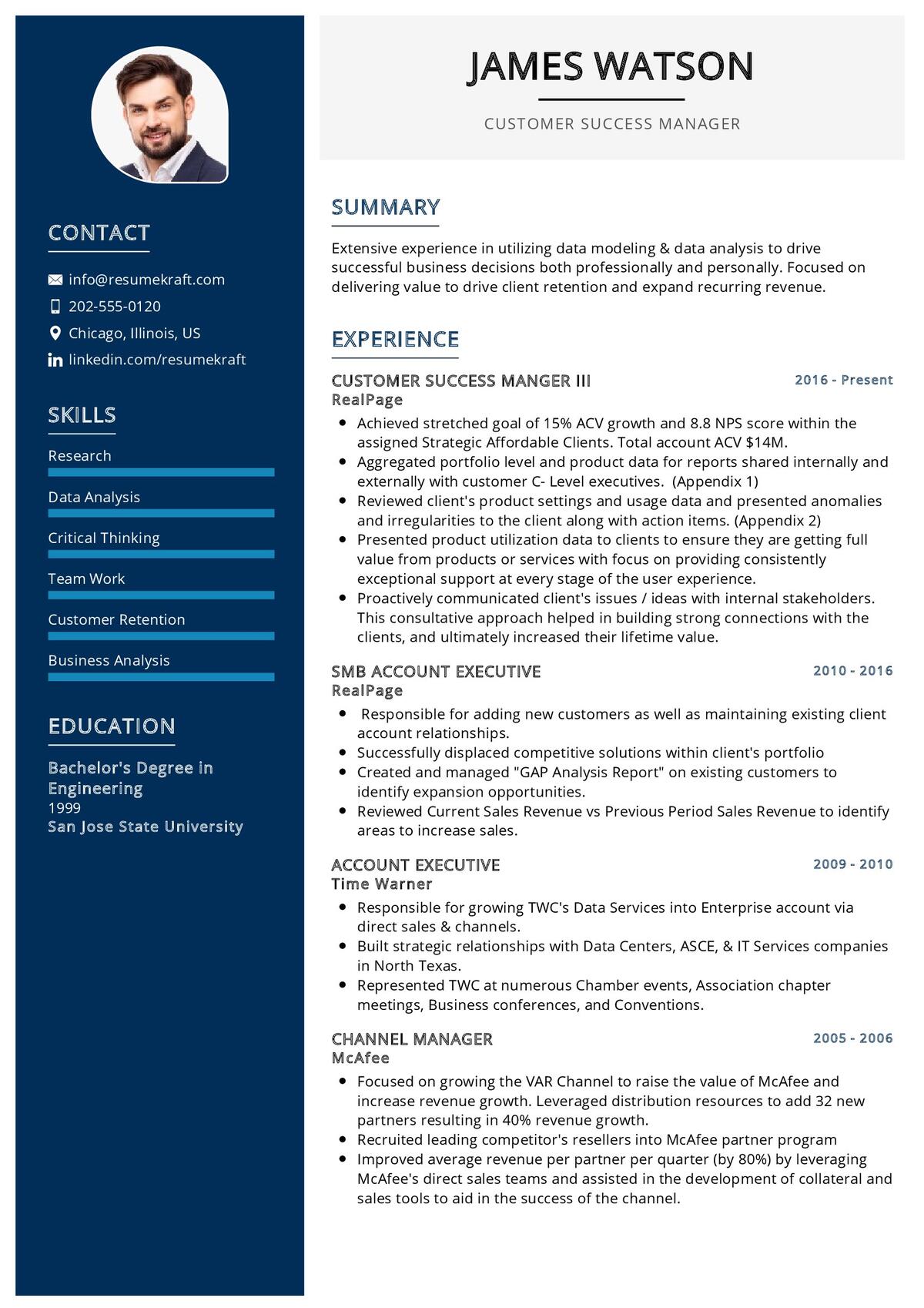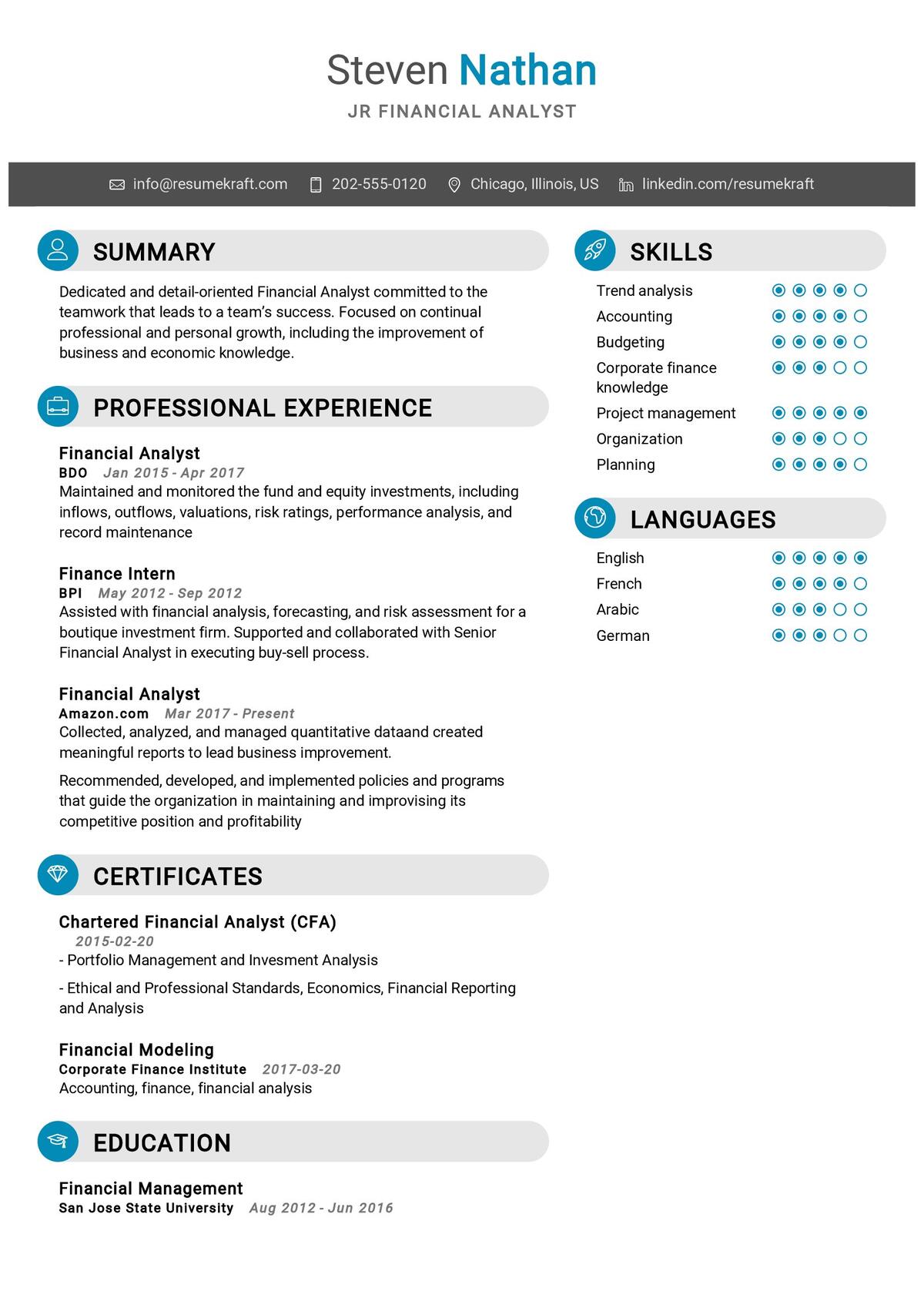
Most people think of a CV and a resume as the same thing. However, there are some key differences between the two. In this article, we will discuss when to use a CV instead of a resume. We will also highlight the key differences between the two document types.
By the end of this article, you should have a clear understanding of when to use a CV and when to use a resume.
There is a lot of confusion between a CV and a resume. A CV is a longer and more detailed document that is used mainly for academic purposes, whereas a resume is a shorter and more concise document that is used mainly for professional purposes.
Difference between a CV and a resume
A CV is usually longer and more detailed than a resume. A resume is a more concise document that focuses mainly on your work experience and professional skills.
If you are applying for a job, you will need to decide which document to submit to potential employers – a CV or a resume. In some cases, you may be able to submit both, but usually, you will need to choose one or the other. If you are not sure which document to submit, it is best to contact the employer directly and ask for their specific requirements.
In general, a CV is better suited for academic positions, while a resume is better suited for professional positions. However, there are exceptions to this rule, so it is always best to check with the employer before submitting your application.
It is also worth noting that, in some countries, the terms CV and resume are used interchangeably. In the United States, for example, both documents are typically called a resume.
Outlining the situations
Outlining the situations in which a CV would be more appropriate than a resume
If you are applying for jobs that require a great deal of experience or education, a CV may be more appropriate than a resume. CVs are also often used when applying for positions in academia or research.
If you are applying for a job that requires a great deal of experience or education, a CV may be more appropriate than a resume.
A CV is a detailed document that outlines your professional and academic history. It is usually longer than a resume, and includes information such as publications, presentations, and awards. If you are unsure whether to submit a CV or a resume, many employers will specify their preferred format in the job listing.
If you have a CV, remember to tailor it to each position you apply for, highlighting the skills and experiences that are most relevant to the job. When sending a CV or resume electronically, be sure to follow any formatting instructions the employer has provided. If you are emailing your CV or resume, you may also want to include a cover letter in the body of the email.
When faxing a CV or resume, be sure to include a cover sheet with your contact information.

Here are some tips on how to create a CV:
- Include your name, address, phone number, and email address at the top of the CV
- List your professional history in reverse chronological order, starting with your most recent position
- Include the names of the companies you have worked for, your job titles, and the dates of your employment
- For each position, include a brief description of your duties and responsibilities
- If you have relevant work experience, you may also want to include details of any special projects or initiatives you spearheaded
- If you have relevant academic credentials, you may want to list them in a separate section
- Include any awards or honors you have received
- If you have relevant professional or academic memberships, you may want to list them as well
Highlighting the key elements of a CV
There are a few key instances where it is more appropriate to use a CV instead of a resume. For example, if you are applying for a job in academia or research, or if you are applying for a fellowship or grant, you will likely need to use a CV. Additionally, if you have extensive publications or presentations, you may also need to use a CV. In these cases, it is important to highlight the key elements of your CV that are most relevant to the specific job or opportunity.
Some of the key elements you may want to highlight on your CV include:
- Research interests and expertise
- Publications and presentations
- Teaching experience
- Awards and grants
- Professional experience
Explaining how to format a CV
When formatting a CV, it is important to keep the following in mind:
- Use a professional and simple font such as Arial or Times New Roman.
- Make sure to leave enough white space on the page so that it is easy to read.
- Use headings and subheadings to organize your information.
- Stick to a single page if possible.
- Use bullet points to list information clearly and concisely.
- Proofread your CV before sending it off to potential employers.
- Tailor your CV to the specific job you are applying for.
- Highlight your relevant skills and experience.
- Include any awards or recognition you have received.
- Use positive language throughout your CV.
Providing tips for creating a strong CV
When writing your CV, there are a few things to keep in mind in order to make it strong:
- First, make sure to tailor your CV to the specific job or industry you are applying for. This means specifying your relevant skills and experience for the role in question.
- Second, keep your CV clear and concise, avoiding any unnecessary or irrelevant information.
- Third, make sure to proofread your CV carefully before sending it off. Any typos or errors will reflect poorly on you as a candidate.
- Finally, remember that your CV is just one part of the application process. Be sure to also put your best foot forward in the cover letter and interview.

Advice on the use of keywords and phrases in a CV
Offering advice on this can be extremely beneficial in helping you to stand out from the crowd. By utilizing keywords and phrases, you can ensure that your CV is tailored to the specific job you are applying for, making you more likely to be successful in securing an interview. Here are some tips on how to use keywords and phrases in your CV:
- Do your research: Before including any keywords or phrases in your CV, it is important to do your research and make sure that they are relevant to the specific job you are applying for.
- Use keyword-rich titles: A great way to utilize keywords in your CV is to include them in your job titles. This will make it clear to potential employers what skills and experience you have that are relevant to the role.
- Incorporate keywords into your profile: Another way to utilize keywords in your CV is to incorporate them into your profile. This is a great way to summaries your skills and experience and make it clear to potential employers what you can offer them.
- Use keywords throughout your CV: In addition to using keywords in your job titles and profile, you should also use them throughout your CV, such as in your job descriptions. This will help to reinforce your skills and experience and make it clear to potential employers that you are the ideal candidate for the role.
- Use keywords wisely: It is important to use keywords wisely and not to overuse them. Using too many keywords can make your CV appear spammy and could actually deter potential employers from reading it. Instead, use them sparingly and make sure that they are relevant to the specific job you are applying for.
By following these tips, you can ensure that your CV stands out from the crowd and increases your chances of securing an interview.
Planning to Write a Resume?
Check our job winning resume samples


There are a few circumstances when it might be more appropriate to use a CV instead of a resume. For example, if you’re applying for a job in academia or you’re applying for a position outside of the United States, you may need to use a CV.
A CV is a more detailed document than a resume. It often includes information such as your research interests, publications, awards, and professional memberships.
If you’re applying for a job in the United States, you should use a resume unless the employer specifically asks for a CV.
A resume is a brief, concise document that highlights your skills and experience. A CV is a more detailed document that includes all your professional achievements, publications, etc.
Conclusion
While concluding, There is no one-size-fits-all answer to whether you should use a CV or a resume. Ultimately, it depends on the specific job you are applying for and the requirements of the job application. If you are unsure, it is best to err on the side of submitting a CV.A curriculum vitae (CV) is a document that outlines your entire academic history. CVs are also sometimes used in place of resumes when applying for positions in academia or research.
In general, a CV is more comprehensive and covers more information than a resume. If you decide to use a CV, be sure to tailor it to the specific position you are applying for and to include only information that is relevant to that particular position. When in doubt, it is always best to err on the side of submitting a CV.
Recommended Reading:

